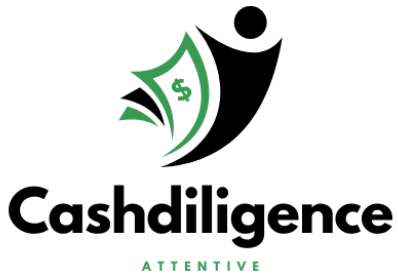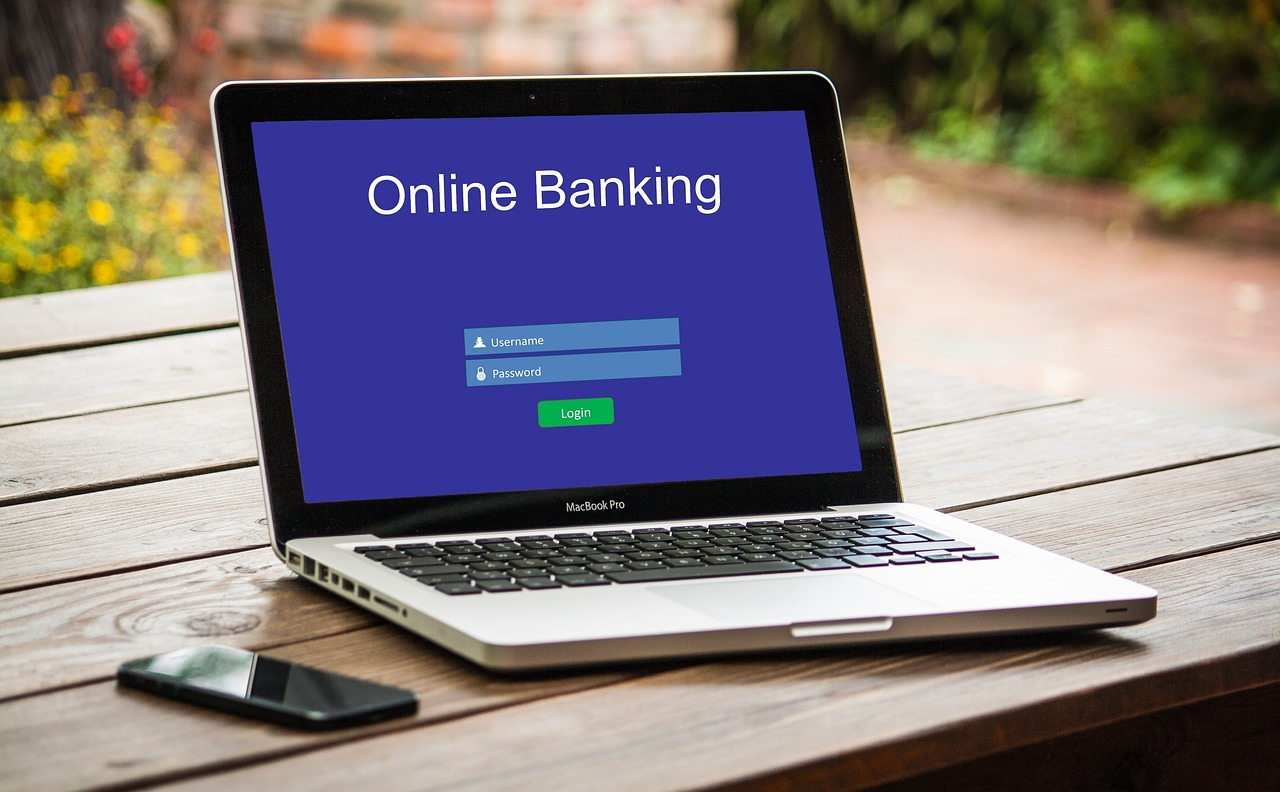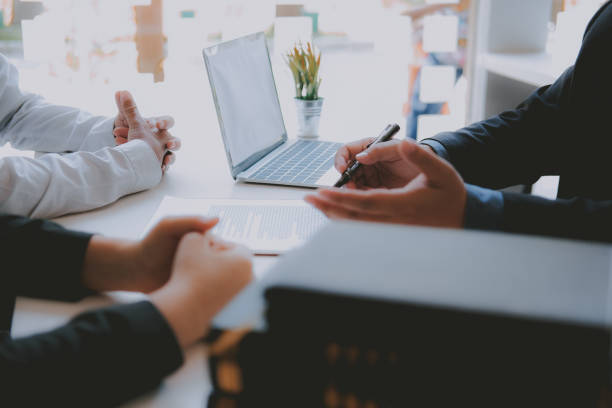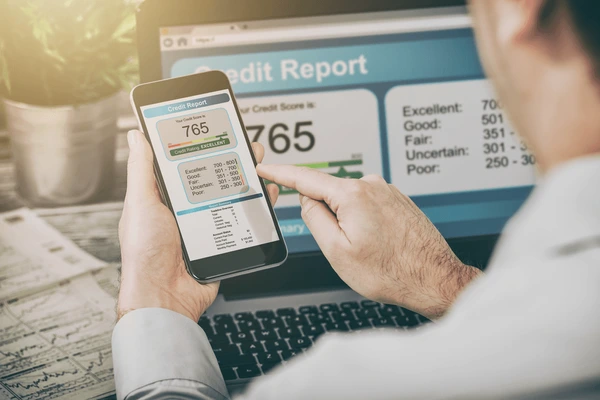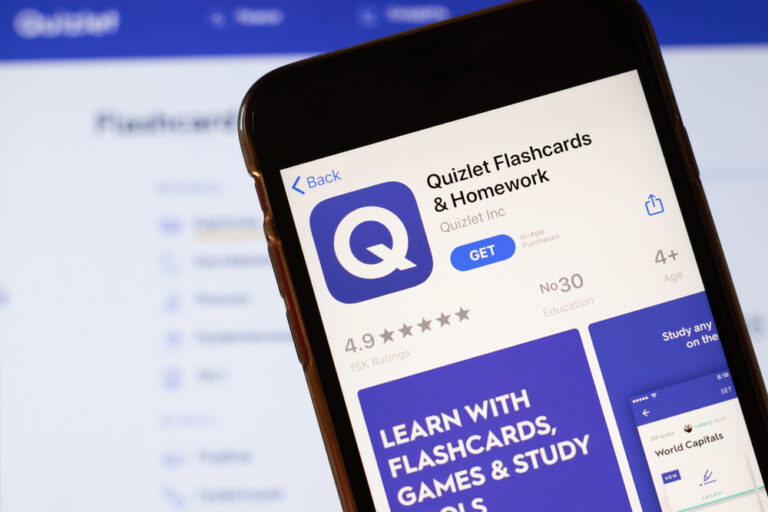Is Online Banking Safe? What are the Security Measures for Online Banking
Is Online Banking safe?
It is definitely a safer one, but it is very important to take prior precautions to protect your information and account details. Especially your online accounts details like user name, banking transaction history, password and OTP.
![]()
While we are discussing the safety of online banking, there is a question comes to your mind that: What is Online Banking? In simple managing your existing or new bank account through banks website or mobile apps. Through online banking you can make transactional activities like transfer amount, amount checking and paying the bills.
You need not worry too much about trade convenience for security. When your banking technology is authentic, reliable and fast responsive, then your online banking is going to be much safer from threats and hacks. As an account holder your primary role is to be aware about threats and hacking of account and keep updating regularly.
Standard measures include anti-virus protections and firewalls on bank computers, fraud monitoring techniques and website encryption are making your website a technically healthier one.
10 Crucial step and security measures you can take while using Online Banking
1. Use Strong and complex Passwords
It is the first and foremost thing every online banking user should do. Creating complex and strong passwords with a long mix of letters, numbers, and symbols is very important. Usually government websites requires minimum of 12 to 16 letters. Keeping a long and more complex password will be harder to crack and more protection against hackers. Avoid using easily guessable information like birthdays or common words. And do not forget to change your passwords regularly.
2. Enable Two-Factor Authentication (2FA)
In spite of strong and complex passwords, you can also make two factor authentications like banks provide another piece of information or factor to verify yourself. Enable Two-Factor Authentication (2FA) adds an extra layer of security. It could be a unique pass code sent to your smartphone as a text message or your fingerprints. Even if someone knows your password, they’ll need a second factor (like a code sent to your phone) to access your account. No one can easily steal your bank information.
3. Keep Software Updated
Banking websites regularly update their websites, either they add or remove some features in their apps or websites. So, it is crucial to know the customers and see what Software Updated is? Ensure that your operating system, browser, and any security software are up-to-date. Definitely it will help you to defend against vulnerabilities and new threats.
4. Do not use public Wi-Fi while using online banking
It is very important to skip public Wi-Fi while you are doing online transactions and your private home network is ideal. Always be careful to ensure you are on a secure network when accessing online banking. If you have to log in while away from home consider using your cellular data plan instead of Wi-Fi or VPN. Avoid public Wi-Fi banking transactions, or use a Virtual Private Network (VPN) if necessary. Better to choose to log in, check for web page encryption by making sure the address on the browser starts with “https”.
5. Look for HTTPS in URLs
HTTPS is encrypted in order to increase security of data transfer. It is very important while you are transmitting sensitive data’s like bank account information or passwords or OTP. Any websites, especially those that require login credentials should be under HTTPS. Make sure that your banking website starts with “https://” rather than just “http://”. It indicates a secure connection. Check properly before sending any data.
6. Avoid Phishing Scams
Another very important step every online banker should do is avoid phishing scams. It will do a lot of damage to your computers or files like destroying your files, spying on your activity and seizing important data’s. It is very important to avoid phishing scams in earlier stages in order to skip visiting malicious websites, opening suspicious emails, open accounts though public hotspots and invest in anti-malware software’s. Always verify the source before clicking on any links or providing personal details.
7. Log Out After Use
Very simple way to avoid online banking scams. Always log out from your account after you finish banking transactions, especially on shared or public devices. Instead of just closing the tab or window you should log out from your accounts or apps.
8. Set up Account Alerts
Name suggests that account alerts will help you remember while your account is in danger. It is a digital tool that helps you stay on top of your finances. Alerts let you receive instant notification on your mobile banking’s app when strange activities are happening in your accounts. So, Enable account notifications today to alert your transactions, logins, and other activities to keep track of any actions taken on your account.
9. Use a Reputable Security Software’s
Before using any apps or online banking websites it is better to install a secured antivirus and anti-malware software to protect your device against threats. For all online money transactions, use the appropriate secured software’s (choose most used software’s in the market) to open your sites to protected mode that assist in keeping your personal data safer. It is very important when you are making international fund transactions, bill payments and cheque depositions.
10. Monitor Your Accounts Regularly
After following the above steps you also monitor your accounts regularly. Whether you do it monthly, quarterly or yearly it leaves you. Check your bank statements and account regularly and activities frequently to catch any unauthorized transactions early. If you find any malpractice or theft report to your bank immediately or contact help desk of particular banks.
You will get some sort of idea about whether online banking is safe or not? As long as you take steps to protect your accounts and make sure your bank uses industry standard security technology, your online bank is always safer one.
